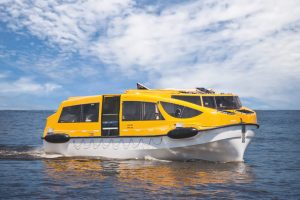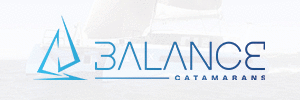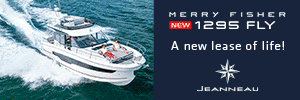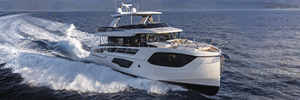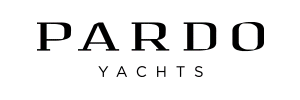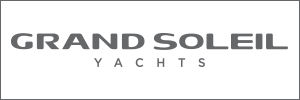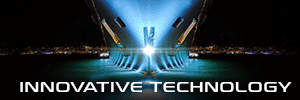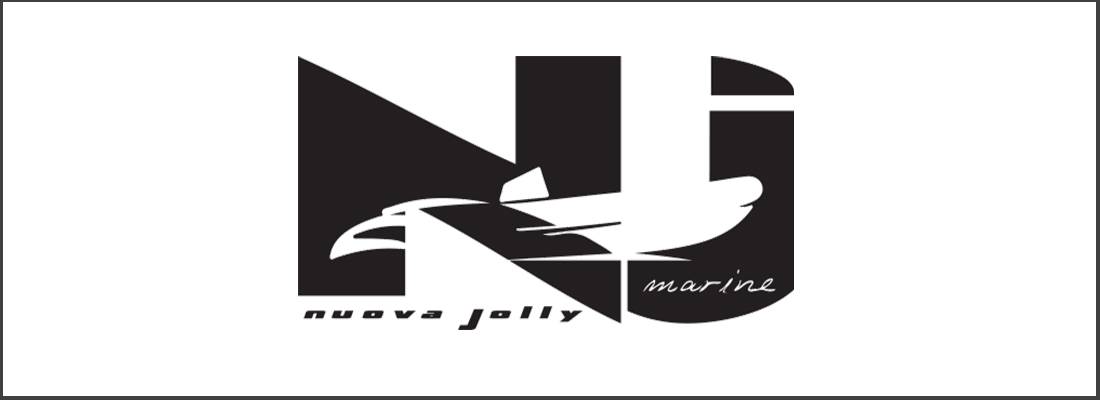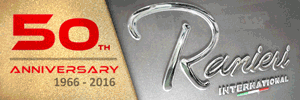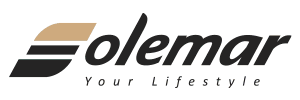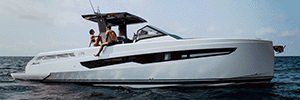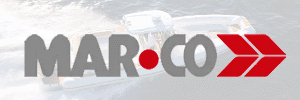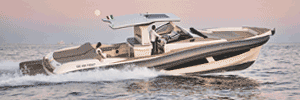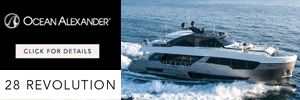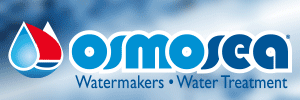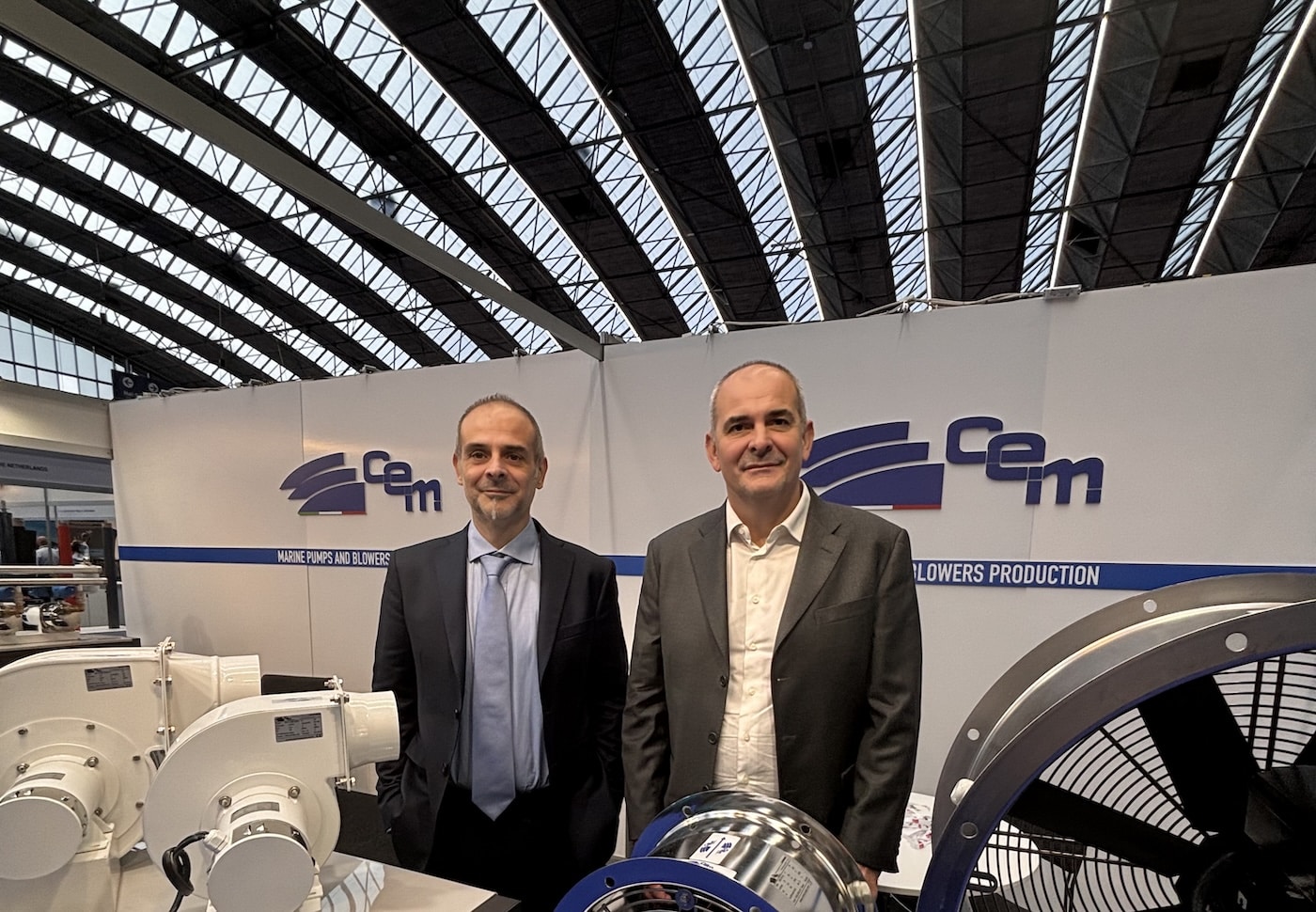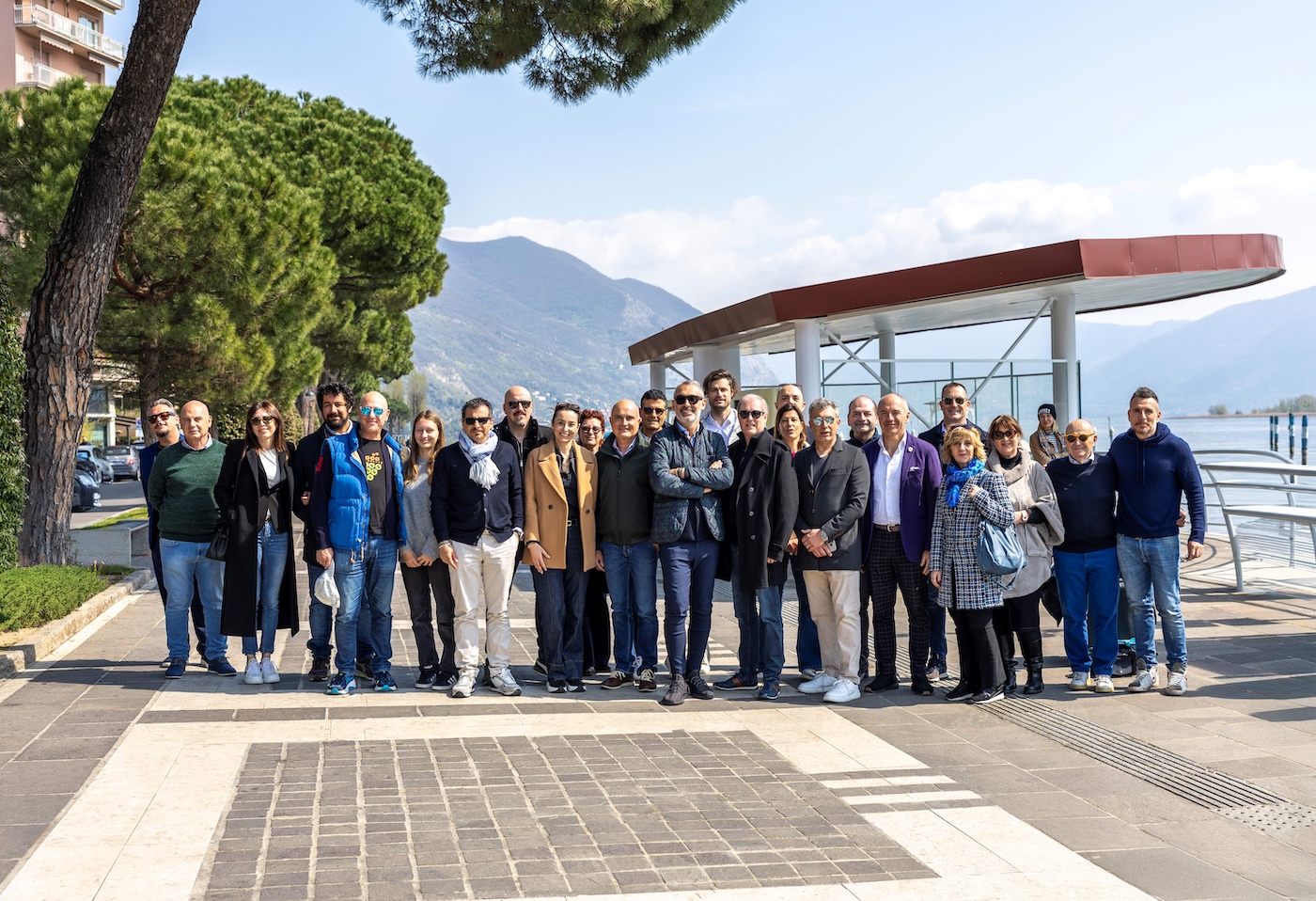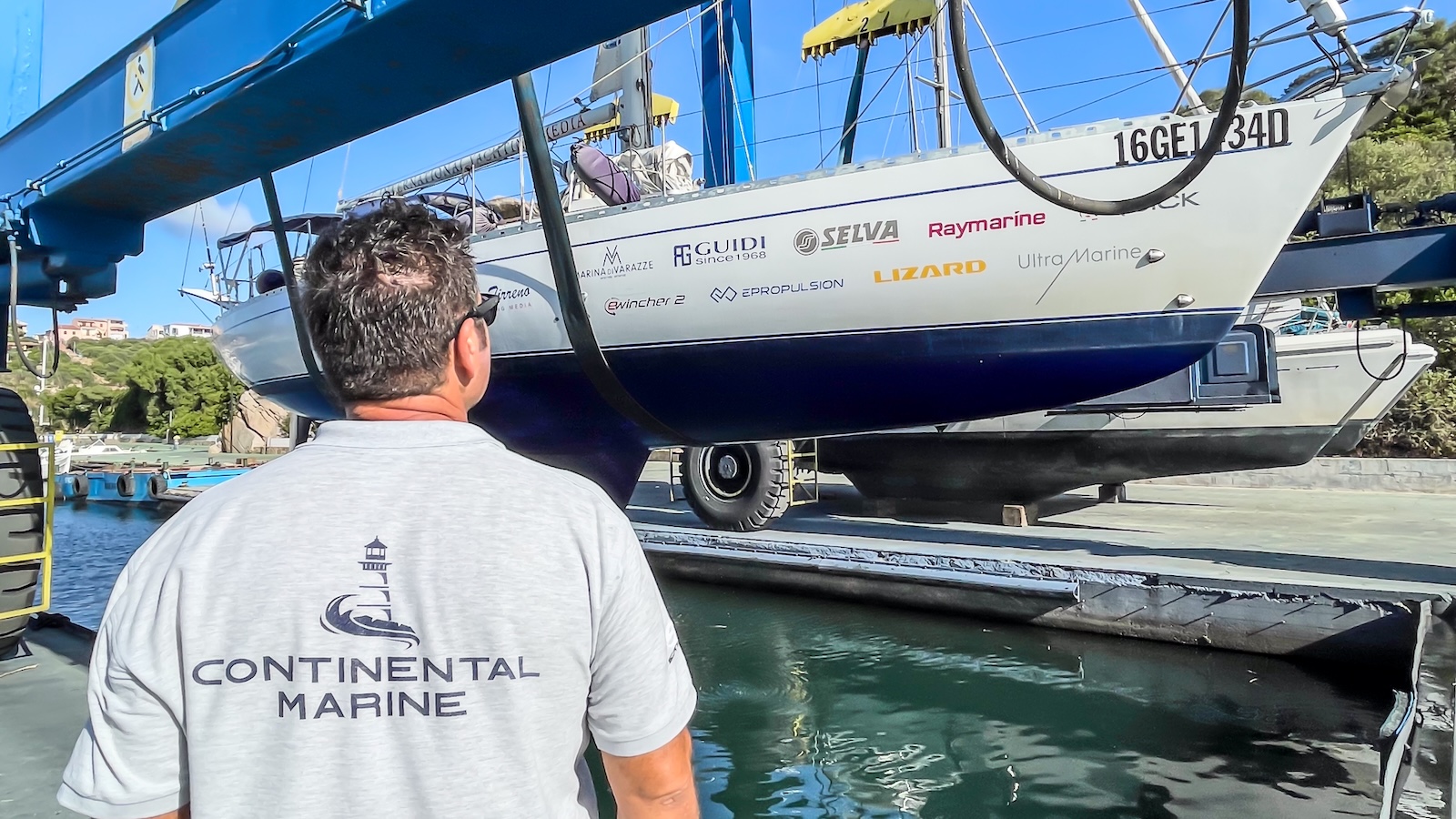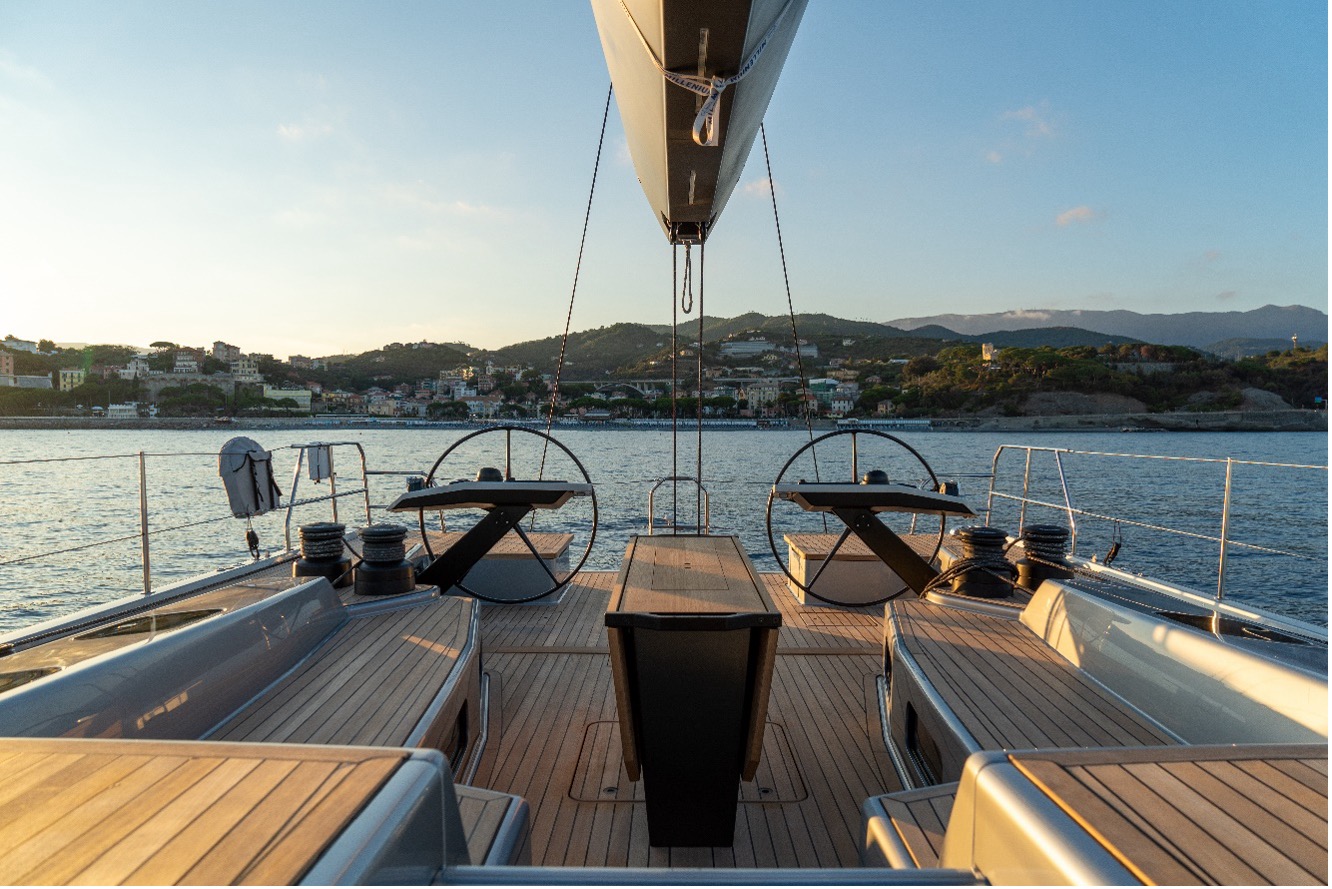Transfluid hybrid system: three recent important applications in the civil, military and tourism sectors. And legitimate questions: when will government incentives be provided to encourage the green revolution in the yachting sector too?
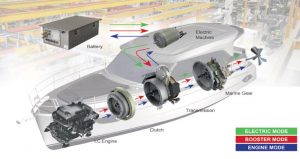 The green ride of the hybrid systems produced by Transfluid, a company based in Gallarate, Italy, continues, adding three more applications to the many already sold worldwide.
The green ride of the hybrid systems produced by Transfluid, a company based in Gallarate, Italy, continues, adding three more applications to the many already sold worldwide.
We are talking about ecological hybrid systems that guarantee zero polluting and noise emissions, particularly used for navigation in ports, protected marine areas and the most crowded ones. But even those travelling or working on board are subjected to less noise, vibrations and fumes than diesel. Moreover, Transfluid hybrid systems can be installed on both new and existing vessels, which is no mean feat.
The Transfluid hybrid system also means limited maintenance. And it means the availability of an auxiliary engine that can also function as an electric generator for on-board equipment.
Made in Italy business tradition
In 2018, with the major 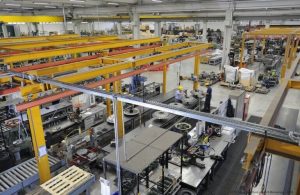
Transfluid boasts over 60 years of experience. It is present through subsidiaries and distributors with service centres throughout the world. A leader in the marine industry, Transfluid is the only company to offer electric motors, hybrid systems and batteries with DNV-GL certification, meeting the most stringent marine and safety regulations.
One of Transfluid’s applications is the municipal hybrid boat in Venice, which is a perfect example of how hybrids – and electric propulsion in itself – are beneficial in particular areas where the waterways are severely crowded, such as the cities of Amsterdam and Venice.
Transfluid hybrid also on “cruising tenders”
Transfluid reports on a land-based passenger cruise tender that has been fitted with its hybrid system. The PLL 1099, produced by the German shipyard FASSMER, can accommodate up to 114 people and acts as a lifeboat in case of need. These types of vessels, because they are also used for safety functions, have to comply with very demanding regulations. The Transfluid system has obtained all the necessary certifications in this area.
The PLL 1099 combines the Transfluid HTM700-20W hybrid with a conventional diesel engine. A perfect integration, we stress, approved by the DNV-GL. The PLL 1099 also sails in ‘boost‘ mode, which means it can increase speed by combining both electric and diesel propulsion.
The cruising tender, explains the company, “is equipped with a Transfluid LiFePo4 battery pack, with DNV-GL approval and NMA Test 1 extension, offering the highest security available today in energy storage in the maritime industry.” With a total of almost 40kW/h of energy stored on board, the tender will have a continuous electrical autonomy of 1.5 hours of operation at a cruising speed of around six knots.
Patrol boat equipped with Transfluid hybrid system
In Dubai, Ribcraft in synergy with Transfluid, launched a patrol boat powered by the Transfluid hybrid system last month. The rigid-hulled RIB in question is nine meters long and will serve as a patrol boat in protected environmental areas.
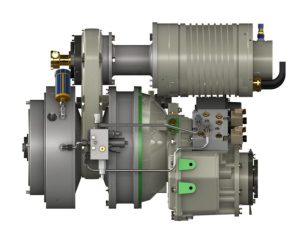
“The systems fitted by Transfluid are two HM560-12W with a 100Ah 96V battery (9.6kWh), providing an electric cruising speed of 6 knots for approximately 1.5h. The architecture of the system incorporates a clutch and transmission that allow rapid and seamless switching between modes. When the clutch is disengaged, the boat runs exclusively on battery power in electric mode, ensuring quiet, emission-free operation. When in ‘engine’ mode, the clutch is engaged and activates the two Volvo Penta D4 DPH diesel engines, and while cruising, the batteries can also be recharged at the touch of a button if required.
In booster mode, the battery-electric motor and the diesel engines provide maximum thrust for the powertrain,” the company explains, accurately describing this environmentally friendly inflatable.
What’s more, the Transfluid system, installed on board the inflatable boat, is able to communicate with all the boat’s components via the CAN-bus protocol.
Three-engine trimarans, two are green
Another recent application is on board the Leen 56 and Leen 72 trimarans from the La Rochelle shipyard in France. Both are equipped with a central diesel engine and two additional 15kW Bellmarine DriveMaster electric motors housed in the side decks. The trimarans can sail in two separate modes, using the two electric motors or alternatively the central diesel engine.
Hybrid electric with diesel or hydrogen?
But on the subject of green, we’re asking for more: hybrid, yes, but with a combination of electricity and hydrogen, not diesel. This is confirmed by Andrea Rossi, Transfluid’s naval engineer, who explains that “hydrogen exists in the company’s vision and there is potential, although the market is not yet mature“. The supply of raw materials for fuel cells is difficult: hydrogen is not found everywhere. But it is not difficult to convert it into energy to be stored in batteries or switched in the Transfluid hybrid system. The global challenge of climate change is being met through important choices like this. “Although government incentives abound in the automotive sector, they are lacking in the yachting sector”. Incentives that would increase the sale of hybrid systems, guaranteeing a reduction in polluting and noise emissions.

